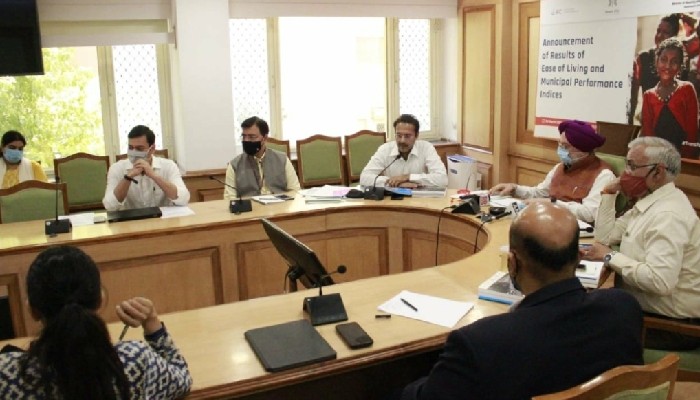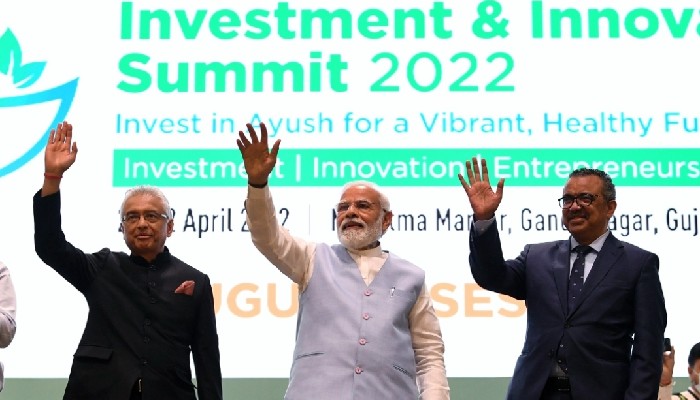The Ease of Living Index (EoLI) evaluates the quality of life and the impact of various initiatives for urban development
Bengaluru has emerged as the best city in the government's Ease of Living Index 2020 (EoLI). Pune bagged the second position on the list, while Ahmedabad ranked third among 111 other cities.
"Bengaluru emerged as the top performer in the Million+ category [in category of 'population more than million], followed by Pune, Ahmedabad, Chennai, Surat, Navi Mumbai, Coimbatore, Vadodara, Indore, and Greater Mumbai," said a statement by the Ministry of Housing and Urban Affairs.
In the category of 'population less than million', Shimla was ranked the highest in ease of living, followed by Bhubaneshwar, Silvassa, Kakinada, Salem, Vellore, Gandhinagar, Gurugram, Davangere, and Tiruchirappalli.
The second edition of the Index was released by Union Minister for Housing and Urban Affairs Hardeep Singh Puri today.
The Ease of Living Index (EoLI) is an assessment tool that evaluates the quality of life and the impact of various initiatives for urban development. It ranked cities on 49 development indicators.
It provides a comprehensive understanding of participating cities across India based on quality of life, economic-ability of a city, and its sustainability and resilience. The assessment also incorporates the residents' view on the services provided by city administration through a Citizen Perception Survey.
Similar to the EoLI index, the assessment framework under Municipal Performance Index MPI 2020 has classified municipalities based on their population- Million+ (municipalities having over a million population) and Less than Million Population.
According to the official release, in the Million+ category, Indore has emerged as the highest ranked municipality, followed by Surat and Bhopal, while in the Less than Million category, New Delhi Municipal Council has emerged as the leader, followed by Tirupati and Gandhinagar.
The MPI was launched as an accompaniment to the Ease of Living Index. It seeks to examine local government practice in municipalities across areas of services, finance, policy, technology and governance. It seeks to simplify and evaluate the complexities in local governance practice and promote the ethos of transparency and accountability.
 Contact Us
Contact Us  Subscribe Us
Subscribe Us









 Contact Us
Contact Us
 Subscribe
Subscribe
 News Letter
News Letter

